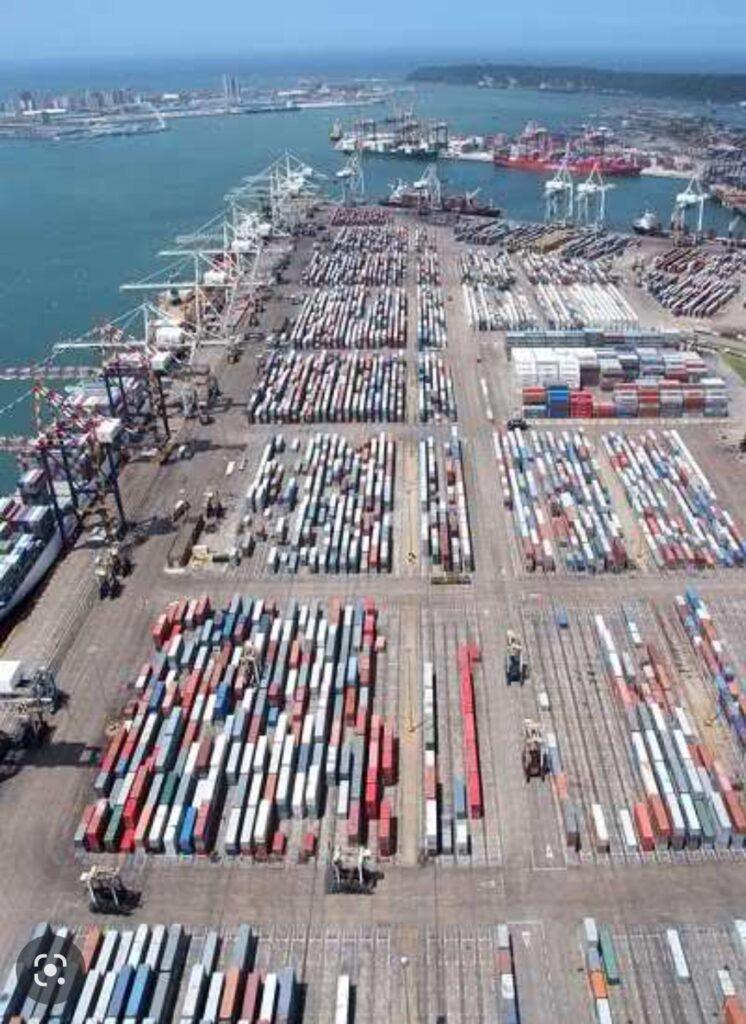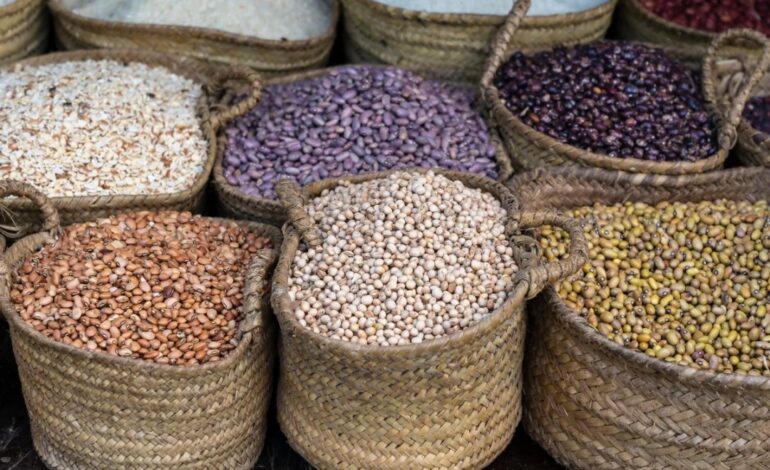
Grace Ossongo – Yaounde, Cameroon
Following the publication of the US Department of Agriculture’s monthly World Agricultural Supply and Demand Estimates, experts at the International Food Policy Research Institute or the IFPRI warned that African countries must upgrade their transnational transport infrastructure or risk remaining vulnerable to shocks in global food supply chains.
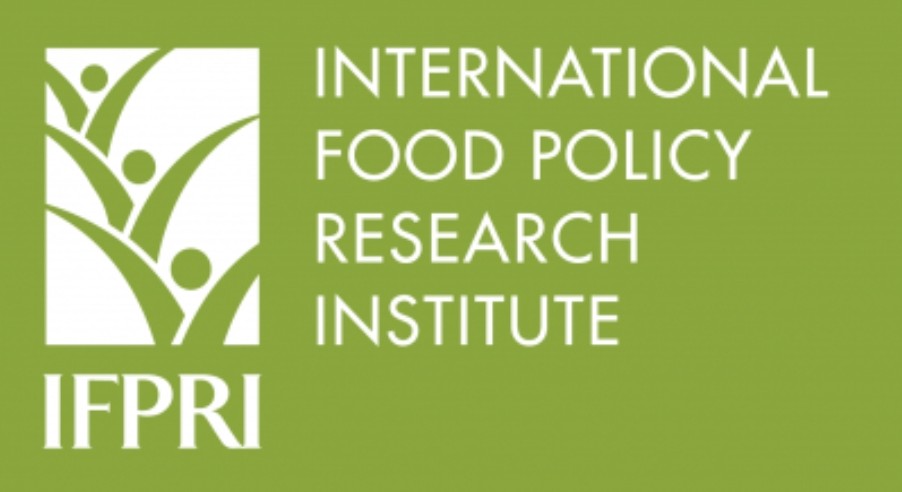
In the six months since the start of Russia’s 🇷🇺invasion of Ukraine 🇺🇦, Africa’s food security has come under close examination. While the shortages brought on by the closure of Ukraine’s Black Sea ports have been lessened in direct terms by substituting grain imports from other significant southern hemisphere producers like Argentina 🇦🇷, Brazil 🇧🇷, Australia 🇦🇺, and India 🇮🇳, the indirect effects of the disruptions to agricultural supply chains have been profound.
At a news conference on September 13, senior research researcher at IFPRI David Laborde stated, “The main challenge facing African farmers is not that they are too tied to global supply systems, but that their linkages to those supply chains are not developed enough.”
David Laborde
Farmers in sub-Saharan Africa, who mostly sell their produce to internal or regional markets, have not benefited from improvements in grain prices at the international level. Meanwhile, input costs have increased dramatically, endangering farmers’ profitability with sharp increases in the cost of fuel and fertilizers.
The USDA’s most recent research shows that a 30% increase in fertilizer prices during the first three months of the war had a higher impact on rural poverty in Africa than any other continent.
Nearly 40% of the world’s potash comes from Russia 🇷🇺 and Belarus 🇧🇾. One potential path ahead is for African fertiliser production to become somewhat self-sufficient.
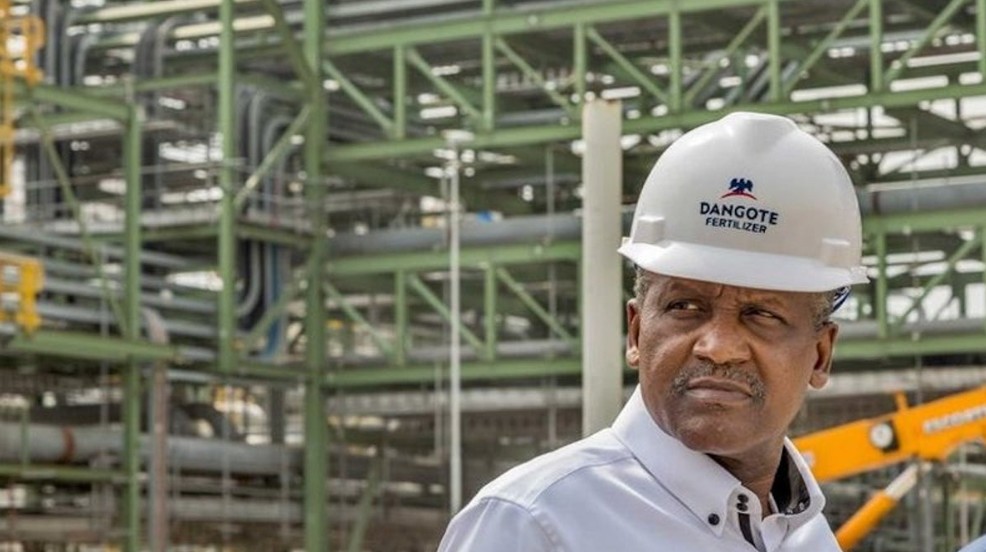
Image: /THISDAYLIVE/
The groundwork for this has been laid in recent years; for example, the reserves of phosphate rock that stretch from Morocco 🇲🇦 to Tunisia 🇹🇳 account for more than 70% of the total global supply, and the Dangote Group’s new urea fertiliser plant, which opened in Lagos in March, is the second-largest of its kind in the world.
The establishment of the African Continental Free Trade Area, or AfCFTA, promises to harmonize regulatory standards and reduce the administrative expenses connected with intracontinental agricultural supply chains, but extensive trade between top fertiliser producers and regional markets will remain illusory unless logistical costs are significantly decreased.
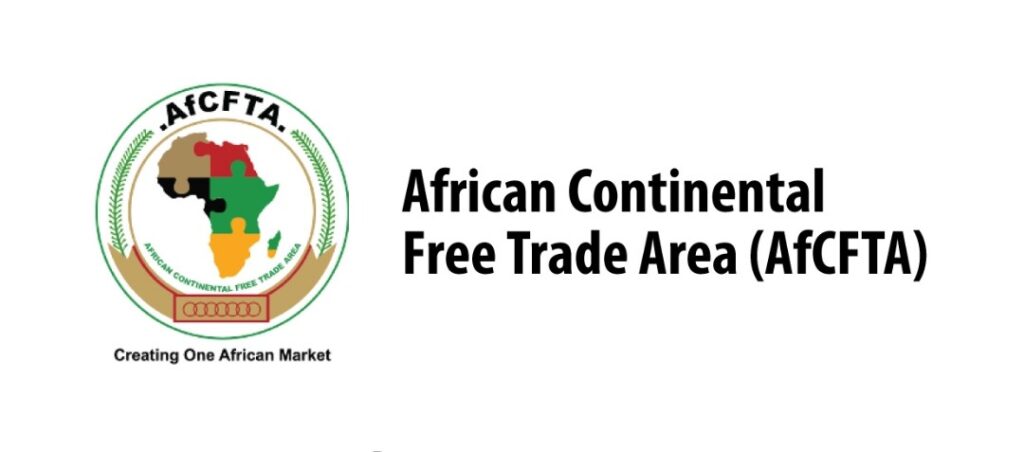
AfCFTA “will be very essential in bringing down some of those external tariffs and hurdles to trade,” according to panelist Joe Glauber, senior research associate at IFPRI. However, lowering transaction costs for transferring grain from inland markets to export markets and vice versa is the actual issue. For nations like Nigeria 🇳🇬, Laborde continued, “exporting fertiliser to nations like Brazil, which have a sizable market ready to pay, still makes sense.
Fertilizer exports from Nigeria to Brazil are frequently less expensive than those from Nigeria to Ethiopia. To make the AfCFTA a reality, Africa’s connection must be improved in the upcoming years.
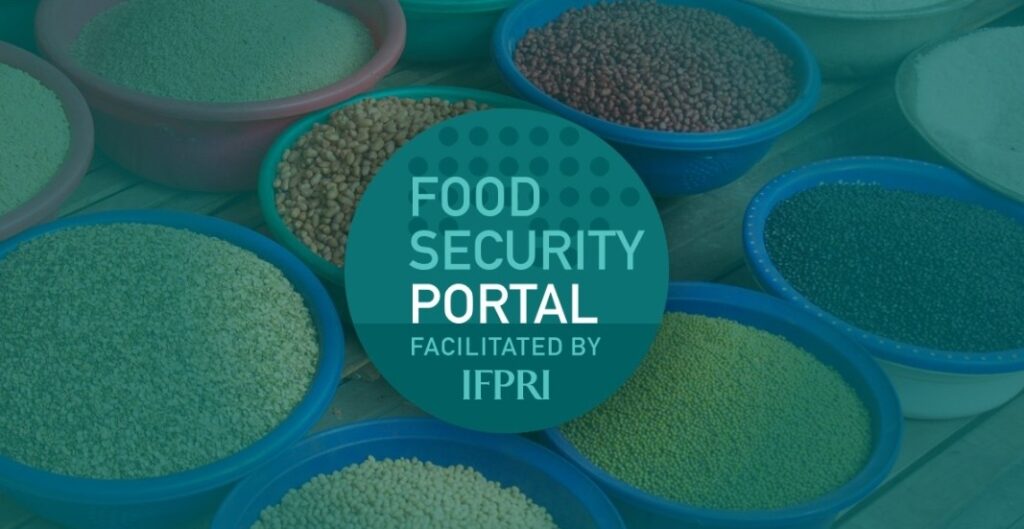
It was suggested that African nations should use a two-pronged approach rather than avoiding transactions with foreign buyers. In order to avoid the impact of external shocks being amplified by high localized logistical costs, it is first necessary to improve transport links that connect rural communities to important overseas trade corridors in Mombasa, Dar es Salaam, Beira, Abidjan-Dakar, Djibouti, Togo, Benin, Durban, and Walvis Bay.
Second, panelists urged greater localized and decentralized fertiliser production to support robust supply networks, which, if powered by renewable energy sources, may pave the way for a more environmentally friendly transition to food security on the continent.
